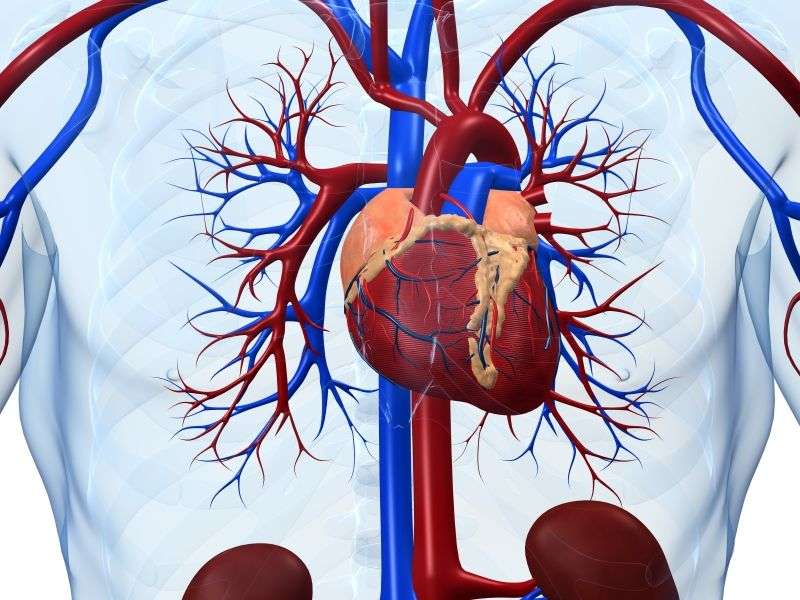(HealthDay)—Renal transplant recipients (RTRs) are often admitted with acute myocardial infarction (AMI), according to a study published in the Feb. 15 issue of The American Journal of Cardiology.
Sahil Agrawal, M.D., from St. Luke's University Health Network in Bethlehem, Penn., and colleagues examined recent trends in AMI admissions for 9,243 RTRs with functioning grafts. Data were compared to those of 160,932 patients with end-stage renal disease without transplantation (ESRD-NRT) and 5,640,851 patients without advanced kidney disease (non-ESRD/RT) admitted with AMI.
The researchers found that 0.2 percent of AMI admissions were RTRs, with increasing numbers during the study period (adjusted odds ratio [aOR], 1.04; 95 percent confidence interval [CI], 1.04 to 1.05; Ptrend < 0.001). Acute ST-segment elevation myocardial infarction (STEMI) accounted for 29.3 percent of RTR admissions. History of renal transplantation correlated with decreased likelihood of STEMI at presentation compared with non-ESRD/RT (aOR, 0.73; 95 percent CI, 0.65 to 0.80; P < 0.001). From 2003 to 2011 there was a decrease in in-hospital mortality among RTRs admitted for non-STEMI (3.8 to 2.1 percent; aOR, 0.85; 95 percent CI, 0.78 to 0.93; P < 0.001), while no change was seen for STEMI (7.6 to 9.3 percent; aOR, 0.97; 95 percent CI, 0.90 to 1.03; P = 0.36). Compared with ESRD-NRT, the rates of percutaneous coronary interventions and in-hospital mortality were lower for RTRs (both P < 0.001).
"RTRs were frequently admitted with AMI, particularly NSTEMI," the authors write.
More information: Full Text (subscription or payment may be required)
Journal information: American Journal of Cardiology
Copyright © 2017 HealthDay. All rights reserved.
























